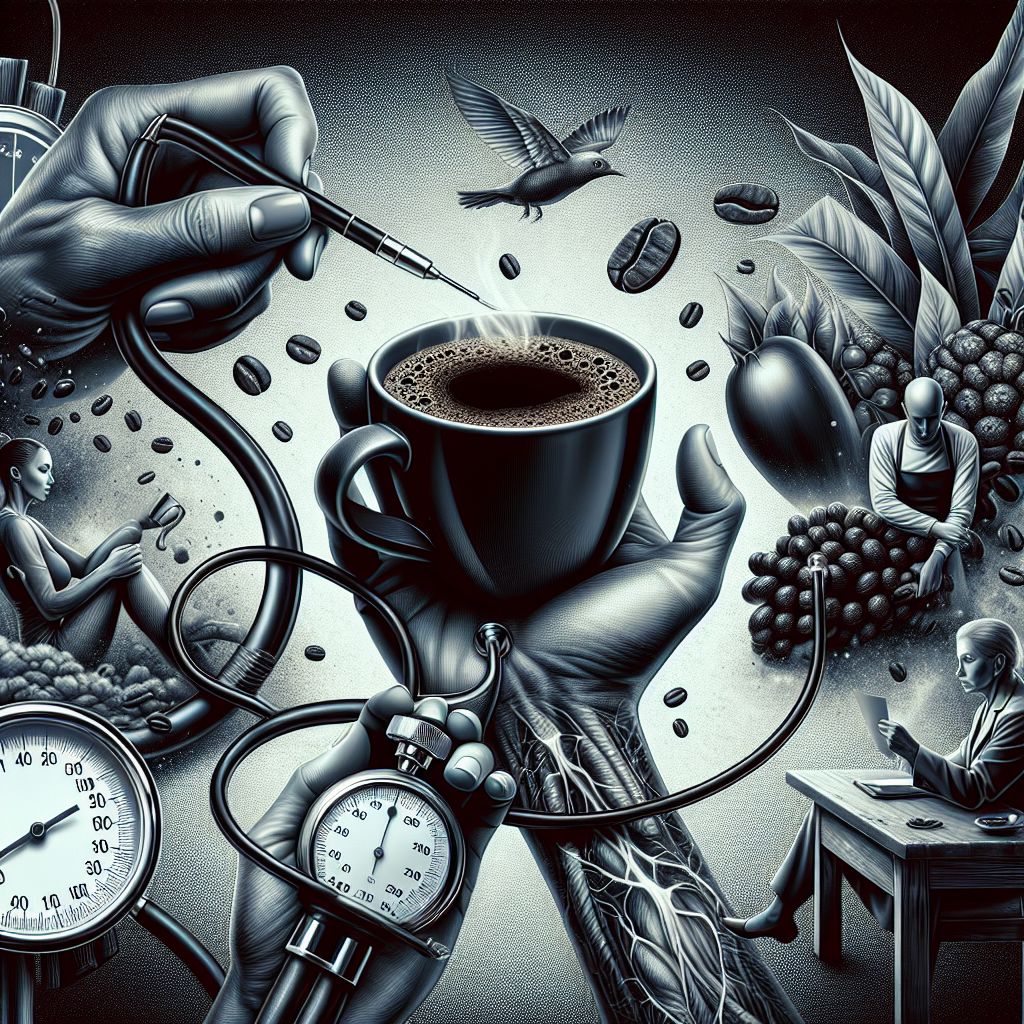Introduction
Imagine a silent invader in your kitchen, subtly raising your blood pressure with every bite. This isn’t a far-fetched thriller plot but a very real issue many Americans face daily. High blood pressure, or hypertension, is often dubbed the “silent killer” due to its stealthy nature. But what if we told you that a major culprit behind this condition is lurking right in your pantry?
- The Silent Threat: Understanding High Blood Pressure
- The Number One Food That Raises Blood Pressure
- How Sodium Influences Hypertension
- Identifying Hidden Sodium in Your Diet
- Healthy Alternatives to Reduce Sodium Intake
- Key Takeaways
- FAQ
- Conclusion
The Silent Threat: Understanding High Blood Pressure
High blood pressure is like an unseen predator, stalking quietly until it strikes. According to the Centers for Disease Control and Prevention (CDC), nearly half of adults in the United States have hypertension or are taking medication for it. Left unchecked, it can lead to severe complications such as heart disease, stroke, and kidney failure.
The Number One Food That Raises Blood Pressure
So, what’s the infamous food item that’s wreaking havoc on your system? It’s none other than sodium-laden processed foods. Think of sodium as the villain in your dietary story. High sodium intake is directly linked to elevated blood pressure levels. Items like canned soups, deli meats, and fast foods are swimming in sodium, making them prime suspects.
How Sodium Influences Hypertension
Sodium acts like a sponge in your body, retaining water and increasing blood volume. This surge in blood volume adds extra stress on your heart and blood vessels, leading to higher blood pressure. Imagine blowing air into a balloon; the more you inflate it, the greater the pressure inside. Similarly, excess sodium leads to increased blood pressure.
Identifying Hidden Sodium in Your Diet
The sneaky nature of sodium means it’s often hidden in foods you wouldn’t suspect. For instance, bread and rolls might seem harmless but can pack a surprising sodium punch. The key is to read labels diligently. Keep an eye out for terms like “sodium chloride,” “monosodium glutamate (MSG),” and “disodium phosphate.”
Healthy Alternatives to Reduce Sodium Intake
- Fresh Fruits and Vegetables: Opt for fresh produce over canned or processed varieties.
- Herbs and Spices: Flavor your meals with herbs and spices instead of salt.
- Home-Cooked Meals: Preparing your meals allows you to control the sodium content better.
- Low-Sodium Products: Look for products labeled “low sodium” or “no salt added.”
Key Takeaways
- Sodium-laden processed foods are the primary culprits behind high blood pressure.
- Excess sodium increases blood volume, putting extra strain on your heart and blood vessels.
- Reading labels and opting for fresh produce can help reduce your sodium intake.
FAQ
Why is high blood pressure known as the “silent killer”?
High blood pressure often shows no symptoms until significant damage has occurred. This makes it difficult to detect without regular monitoring.
Can reducing sodium intake alone lower my blood pressure?
While reducing sodium is crucial, incorporating a balanced diet, regular exercise, and medications (if prescribed) are also essential for managing blood pressure effectively.
Are there any immediate effects of consuming high-sodium foods?
Consuming high-sodium foods can lead to immediate effects such as bloating and increased blood pressure levels. Over time, it can contribute to chronic conditions like hypertension.
Conclusion
Your kitchen shouldn’t be a battlefield where your health is at stake. By being mindful of your sodium intake and making healthier choices, you can turn the tide against high blood pressure. Remember, every small step counts in this journey towards better health. For more detailed advice on managing hypertension and leading a healthier lifestyle, consult resources from reputable organizations like the American Heart Association.
Why you shouldn’t drink coffee everyday?
How many cups of coffee a day?





